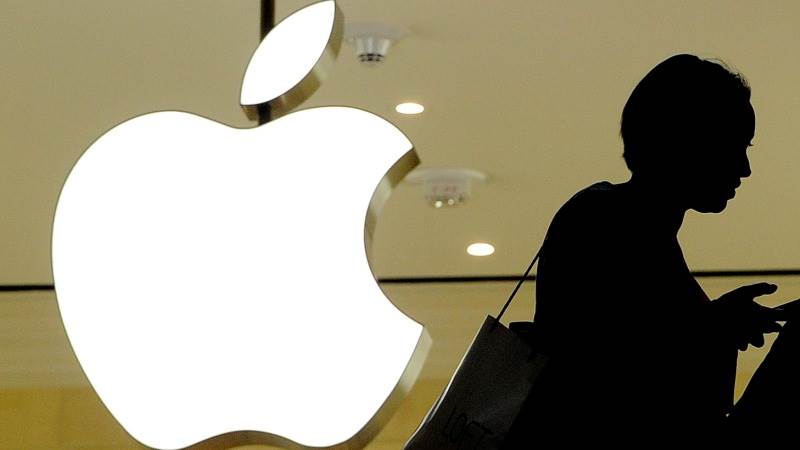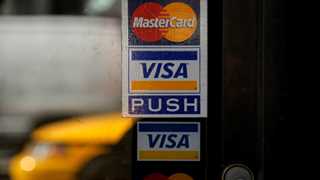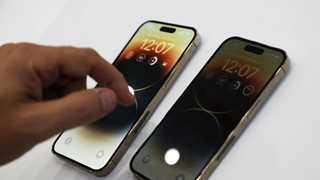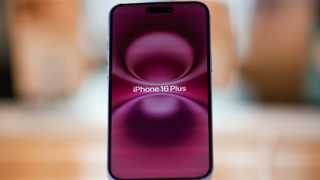In a significant crackdown on the tech industry's anticompetitive practices, the United States Justice Department and 16 other state and district attorneys general, recently filed a lawsuit against the American tech giant, Apple Inc., alleging that the iPhone maker engaged in monopolistic practices or "attempted" to monopolize the smartphone market by "selectively imposing contractual restrictions" and "withholding vital access points from developers."
"Apple undermines apps, products, and services that would otherwise make users less reliant on the iPhone, promote interoperability, and lower costs for consumers and developers," the Justice Department elaborated in its third tech monopoly suit in four years, adding that Apple also used its influence to "extract money" from consumers, developers, content creators, artists, publishers, small businesses, and merchants, among others.
The 88-page lawsuit outlines five instances where Apple is accused of engaging in what the Department of Justice views as anticompetitive behavior. This includes leveraging its power to stifle super apps, cloud streaming apps, cross-platform messaging, smartwatches, and digital wallets. "For example, by denying iPhone users the ability to choose their trusted banking apps as their digital wallet, Apple retains full control both over the consumer and also over the stream of income generated by forcing users to use only Apple-authorized products in the digital wallet," the Justice Department said.
This move by the US Department of Justice mirrors a similar effort by the European Union, which recently forced Apple to make adjustments to its operating systems to comply with the bloc's regulations and the Digital Markets Act (DMA). In response, Apple rolled out updates in the EU that provide consumers with increased flexibility, introduce alternative app marketplaces, and allow developers to direct users to external sources for digital purchases. These changes took effect in all 27 member states in March.
Accordingly, a successful lawsuit against Apple could push more developers to submit their apps, improve contactless payment options, establish a more equitable pricing framework for users, and stimulate competition, paving the way for alternative app stores that offer users greater diversity and better service, with users potentially gaining access to third-party services that were previously limited or disadvantaged within Apple's ecosystem. A victory for the Department of Justice in the case could set new standards for the tech industry at large by fostering fair competition and deterring monopolistic practices detrimental to consumer choice and welfare.
Apple spokesperson Fred Sainz previously underlined in a statement shared by The Verge that the antitrust lawsuit "threatens" the company "and the principles that set Apple products apart in fiercely competitive markets. If successful, it would hinder our ability to create the kind of technology people expect from Apple -where hardware, software, and services intersect. It would also set a dangerous precedent, empowering government to take a heavy hand in designing people’s technology."




